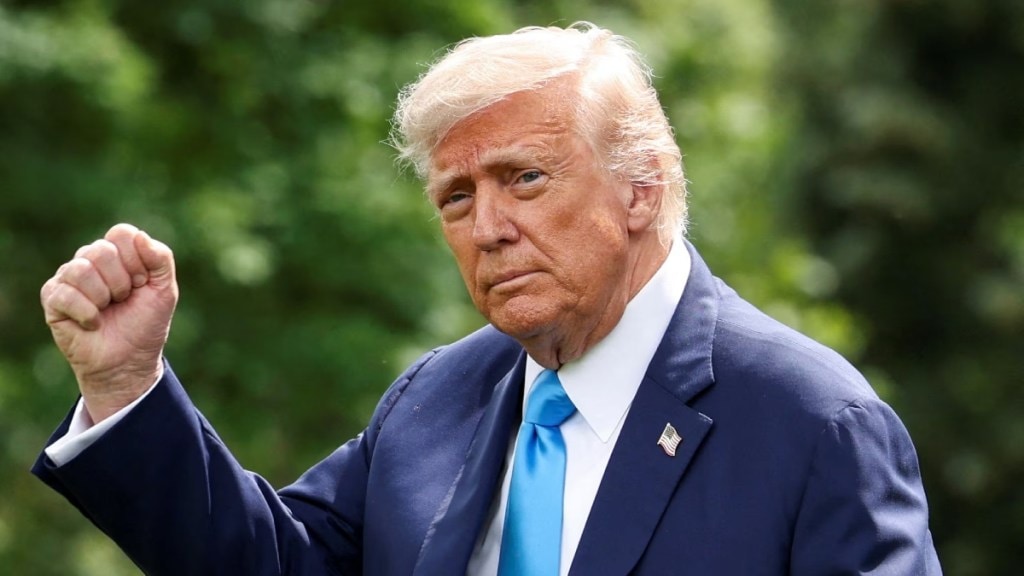After more than 24 hours of marathon debate and a dramatic tie-breaking vote from Vice President JD Vance, Donald Trump‘s sweeping tax and spending bill, dubbed the “One Big Beautiful Bill,” has cleared a major hurdle in the US Senate. But the legislation now faces a tougher path back in the House of Representatives, where divisions run deep even within Trump’s own party.
The Senate passed the bill in a razor-thin vote, following intense backroom negotiations and public pressure from president. Trump has demanded the final version land on his desk by July 4, branding it a symbolic victory for his administration. However, even he appeared to temper expectations slightly. “I’d love to do July 4th, but it’s very hard… maybe somewhere around there,” he told reporters before departing for Florida.
The bill’s fate remains uncertain as it returns to the House, which had earlier approved a different version by a single-vote margin. House Republicans must now sign off on the Senate’s amendments, including controversial changes that have sparked pushback from both the right and left.
Among the most vocal critics is tech billionaire Elon Musk, who once championed Trump’s return to the White House and briefly served as his cost-cutting czar. Musk has turned sharply against the bill, particularly its steep cuts to subsidies for renewable energy and electric vehicles, a move that could hurt his company, Tesla. On Monday, Musk threatened to fund primary challengers against Republicans who supported the bill.
“Every member of Congress who campaigned on reducing government spending and then immediately voted for the biggest debt increase in history should hang their head in shame!” he posted on X.
The bill has also drawn fire from fiscal hawks within the Republican Party. The conservative House Freedom Caucus warned that the Senate’s version could add $650 billion annually to the national deficit. “That’s not fiscal responsibility,” the group wrote in a statement. “It’s not what we agreed to.” Further complicating matters are concerns among House Republicans that the Senate’s proposed cuts to Medicaid, the public health insurance program for low-income Americans, go far beyond what they originally endorsed.
Democrats have also come out strongly against the bill, slamming it for its proposed welfare cuts and accusing Republicans of prioritizing tax breaks over working-class support. With time ticking down to Trump’s self-imposed deadline and infighting across the aisle, the next few days in Congress could prove decisive for one of the most polarizing pieces of legislation in recent memory.

